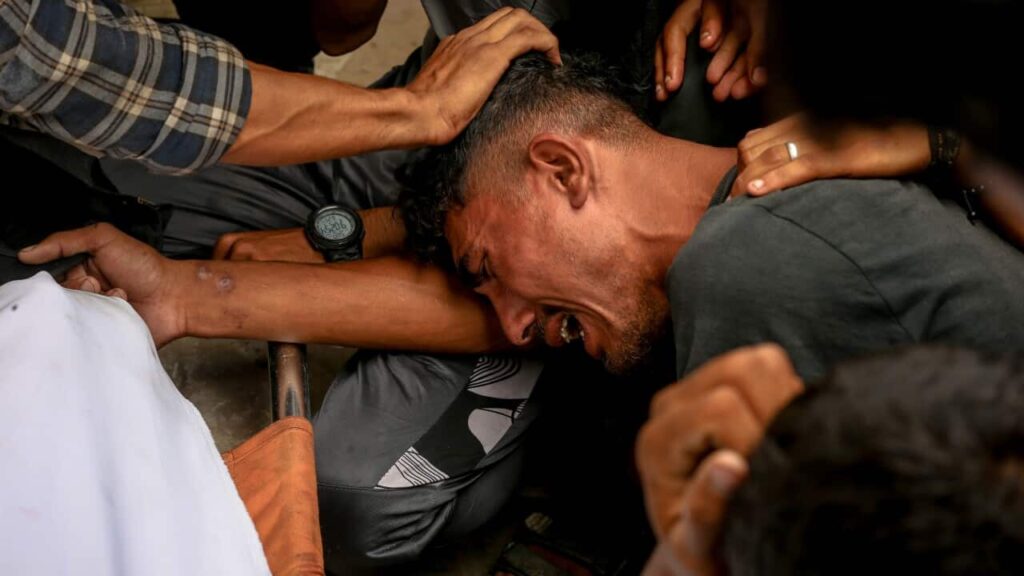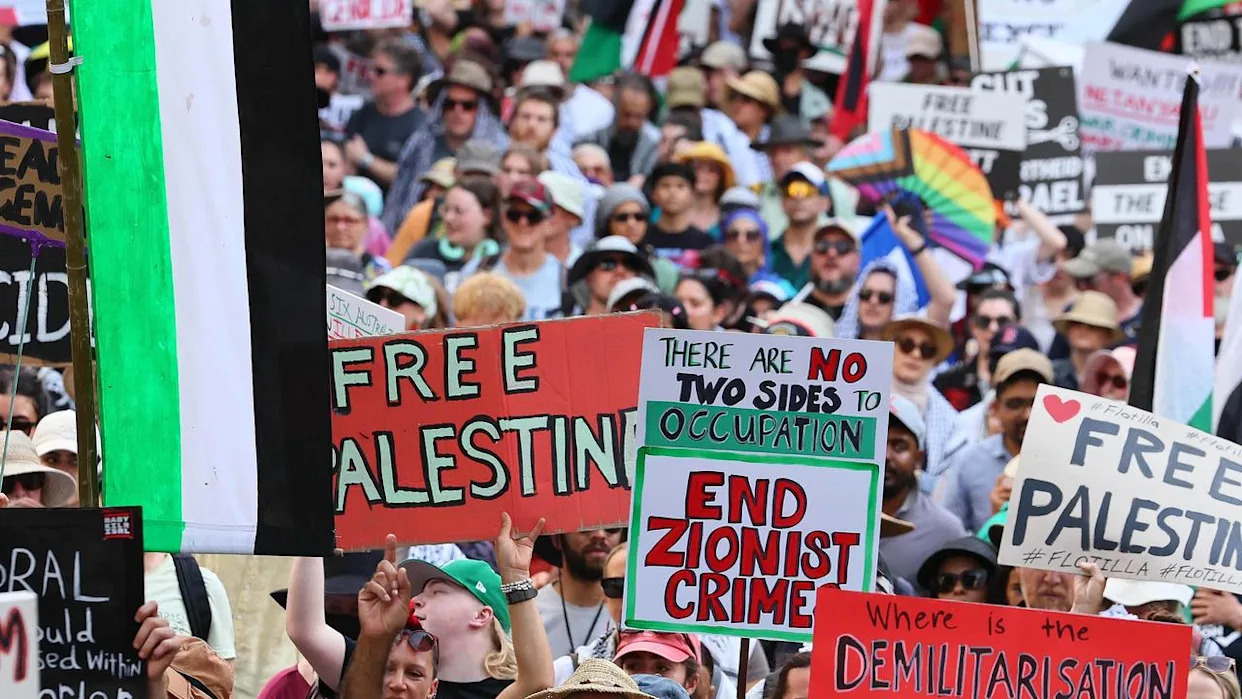
The United Nations Independent International Commission of Inquiry has accused Israel of committing acts of genocide against the Palestinian population in Gaza. In a report released on March 12, 2024, the commission asserts that Israel’s actions are aimed at “destroying the Palestinians” in the region. The inquiry highlights that high-ranking Israeli officials, including Prime Minister Benjamin Netanyahu, bear responsibility for incitement and orchestrating what it describes as a genocidal campaign that has persisted for nearly two years.
Navi Pillay, the commission’s chief, stated, “Genocide is occurring in Gaza and is continuing to occur.” She emphasized that the responsibility for these alleged atrocities lies with the Israeli authorities at the highest levels. The commission, established to investigate the human rights situation in the occupied Palestinian territories, has faced significant criticism from Israeli officials, who dispute the findings.
The report comes nearly two years after the outbreak of conflict in Gaza, following a significant escalation on October 7, 2023. On that day, an attack by Hamas resulted in the deaths of over 1,200 people, including approximately 30 children, and the abduction of more than 200 individuals, according to the Israeli government. In retaliation, Israel has conducted extensive military operations in Gaza, leading to the deaths of more than 64,000 Palestinians, as reported by local health officials.
Humanitarian Impact of Ongoing Conflict
The conflict has devastated the densely populated Gaza Strip, where more than two million people reside. The infrastructure has been severely damaged, and a significant portion of the population has been displaced multiple times due to ongoing hostilities. The humanitarian crisis has intensified, with shortages of essential supplies, including food, water, and medical care, exacerbating the suffering of those caught in the conflict.
The commission’s findings reflect a growing concern among international observers regarding the treatment of civilians in conflict zones. The assertion of genocide raises critical questions about accountability and the need for a comprehensive approach to peace in the region. While the Israeli government continues to defend its military actions as necessary for national security, the humanitarian toll on the Palestinian population remains a matter of grave concern.
The UN commission’s report serves as a stark reminder of the urgent need for a resolution to the ongoing conflict. As the situation in Gaza continues to unfold, calls for international intervention and humanitarian aid are more pressing than ever. The continued violence and loss of life underscore the importance of addressing the underlying issues that have fueled this long-standing conflict.
As the world watches, the implications of these findings will likely influence discussions around international law, human rights, and the future of peace negotiations in the region. The challenge remains to find a path forward that ensures the protection of all civilians and fosters a sustainable resolution to the Israeli-Palestinian conflict.







